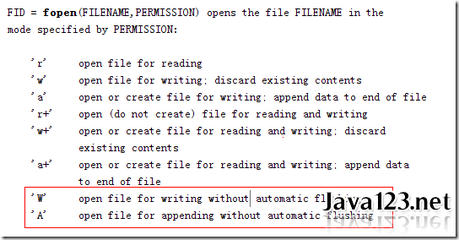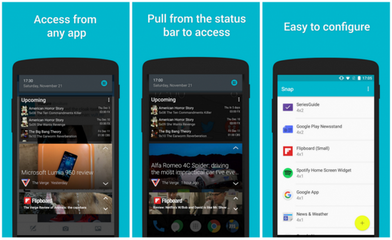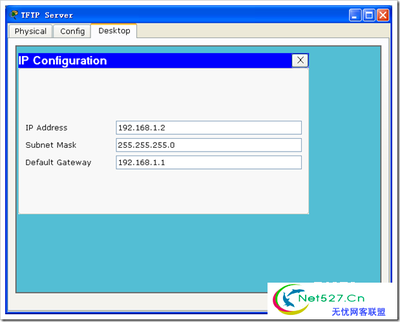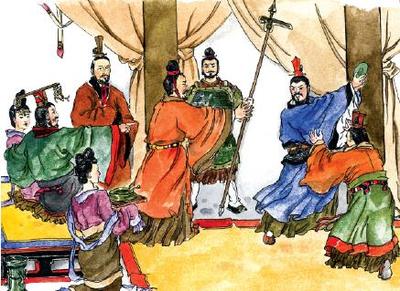1.动名词(动名词具有动词和名词的特征,在句中作主语、表语、宾语和定语)
动名词 | 主动语态 | 被动语态 | 与谓语动词的关系 |
一般式 | Doing | Being done | 与谓语动作同时发生 |
完成式 | Having doing | Having been done | 动作发生在谓语动作之前 |
作主语
1.谓语用单数。
Climbing mountains is really fun.
Swimming is my favorite sport.
Reading is an art.
Getting up early is a good habit.
例:1.-What do you think made Mary so upset?
-___ her new bicycle.
A. As shelostB.Lost
C.Losing D.Because oflosing
2. 使用形式主语it,而将动名词放在句尾。
It’s no use doing …
It’s no good doing…
It’s a waste of time doing …
例:It’s no good______ (wait) here.
It’s no use ______(argue) with her.
It’s nogood _______(smoke), you’d better give it up.
It’s awaste of time _______(wait) here.
No smoking ( =No smoking is allowed (here)).
作宾语
I enjoy listening to music.
He often practices playing the piano in the evening.
He has given up smoking.
Would you mind turning down your radio a little, please?
他不喜欢喝酒。
他充分利用时间练习唱歌。
我提议坐我的车去。
你介意我开窗吗?
(1)只能接动名词作宾语的动词:
admit,
advise建议,
risk,
appreciate,
envy嫉妒,
avoid避免,
consider考虑,
delay延迟,
deny否认,
dislike不喜欢,
enjoy,
escape逃避,
excuse原谅、宽恕,
finish完成,
forgive原谅,
understand理解,
give up放弃,
imagine想象,
keep保持,
mind介意、在乎,
miss未达到,
practice训练,
put off推迟,
resist抵抗,
suggest建议、暗示,
can’t help 禁不住,
can’t stand无法忍受,
devote to致力于···,
look forward to 期望、盼望,
stick to坚持,
be used to习惯于,
object to反对,
be busy忙于···,
feel like想要···,
be surprised at 对……感到惊讶,
be proud of 以……为骄傲,
succeed in 在某方面成功,
be afraid of害怕
give up 放弃
例: Our monitor suggested _____a discussion of this subject.(85’)
A.to haveB.shouldhave
C.have D.Having
(2)只能接不定式作宾语的动词:
happen 碰巧,
offer 主动提出,
promise 答应,
agree 同意,
refuse拒绝,
decide 决定,
determine 决定、决心,
pretend 假装,
fail 未能够,
learn,
wish希望,
hope,
expect,
afford 负担得起。
(3)接动名词、不定式均可,意义相同的动词:like,love,dislike,hate,begin,star,continue,prefer,can’tbear/endure 无法忍受,cease停止。
注1:v-ing形式表示经常性、概括性的动作,不定式表示具体的、特定的某一次动作。如:
She likes singing, but she doesn’t like to sing today.
注2:在begin, start,continue后跟v-ing形式和不定式作宾语没有区别,但start,begin本身为进行式或后接realize, wonder,understand等心理活动的词时,常用不定式作宾语。如:
I began to realize that I was wrong.
(4)下列单词接动名词和不定式均可,但意义不同的动词:forget,goon,mean,regret,remember,stop,try等
Stop to do停下来去做stop doing 停止做
Forget to do忘记要做forget doing 忘记做过
Remember to do记得要做remember doing 记得做过
Regret to do遗憾要做regret doing 后悔做过
Try to do企图做,尽力做trydoing 试着做
Go on to do继续做(另一件事)go on doing 继续做(同一件事)
Mean to do打算做mean doing 意味做
例:
1. In some parts of London, missing a bus means _______ foranother hour.
AwaitingB towaitingCwaitD to be waiting
2.—You were brave enough to raise objections at themeeting.
-Well,now I regret ___that.
A.to do B.to bedoing
C.to havedoneD.having done
(5)need, require, want作“需要”讲,其后用动名词的主动式表示被动意义,be worth也有类似用法。如:
The flowers need watering/to be watered.
The problem is worth discussing/to be discussed.
(6)permit, allow, forbid, require(要求)doing sth./ sb to dosth.跟人作宾语后,必须用不定式作补语。例如:
This room won’t allow smoking.在这间屋里不准吸烟。
We do not allow anybody to smoke here.这里不许吸烟。
例:
—What do you think of the book?
-Oh,excellent.It's worth ___a second time.
A.to read B.to be readC.readingD.beingread
动名词的时态和语态
动名词有一般式和完成式。
它的一般式所表示的动作或是与句中谓语动词的动作同时发生,或是在句中谓语动词动作之后发生;
而它的完成式所表示的动作则一般发生在句中谓语动词动作之前。
例1:While shopping,people sometimes can't help ____ into buyingsomething they don't really need.
A.to persuade B.persuadingC.being persuaded D.bepersuaded
例2:Tony was very unhappy for ____ to the party.(2000上海)
A.having not beeninvitedB.nothaving invited
C.having not invitedD.nothaving been invited
动名词的复合结构
动名词的复合结构在句中作宾语时,名词可用普通格代替所有格,代词可用宾格形式代替形容词性物主代词。eg.
I don’t like you/ your/ Tom / Tom’s being late.但是动名词作主语时,只能用your /Tom’s being late形式。
例:What worried the child most was ____ to visit his mother in thehospital.
A.his not allowing
B.his not being allowed
C.his being not allowed
D.having not been allowed
选择最佳选项:
1.____is a good form of exercise for young and old.
A.The walkB.WalkingC.To walkD.Walk
2.—You were brave enough to raise objections at themeeting.
—Well, now I regret ____ that.
A.to doB.to be doing C.have doneD.having done
3.I don’t regret _____ even if it might have upset her.
A.to tell her what IthoughtB.to have told her that I thought
C.telling what IthoughtD.telling her what I thought
4.The library needs __, but it will have to wait untilSunday.
A.cleaningB.to cleanC.cleanD.being cleaned
5.I can hardly imagine Peter _across the Atlantic Ocean in fivedays.
A.sailB.to sailC.sailingD.to have sailed
6.—I must apologize for _____ ahead of time.
—That’s all right.
A.letting you not knowB.not letting you know
C.letting you know notD.letting not you know
7.—What do you think of the novel﹖ —Oh, it’s really _____.
A.well worthreadingB.very good to read
C.worthyreadingD.worth to be read
8.What’s troubling them is _____ enough experienced workers.
A.that they havingnoB.they not have
C.their nothavingD.not their having
9.She likes ____ but she doesn’t like ____ this afternoon.She’dlike _____some other day.
A.swimming;swimming;to swimB.to swim;swimming;to swim
C.swim;to swim;swimming D.swimming;to swim;to swim
10.She didn’t remember ____ him before.
A.having met B.havemetC.to meet D.to having met
11.I would appreciate ____ back this afternoon.
A.you to callB.you callC.your calling D.you’re calling
12.How about the two of us ____ a walk down the garden﹖
A.to take B.takeC.takingD.to be taking
13.—Let me tell you something about the journalists.
—Don’t you remember _me the story yesterday﹖
A.toldB.tellingC.totellD.to have told
14.The pupil asked the teacher how much time he spent ____ violinevery day.
A.to practise to playtheB.practising playing the
C.to practise toplayD.practising to play
15.It’s no use _____ forward to ____ from her soon.
A.to look; to hear B.looking; hearing C.looking; hearD.look;hear
1-5 BDDAC 6-10 BACDA11- 15 CCBBB
 爱华网
爱华网


